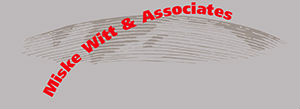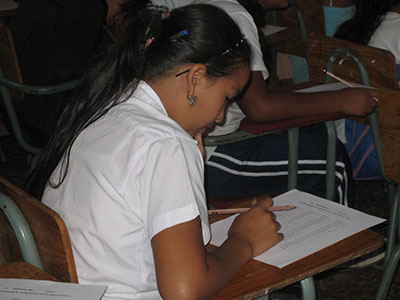
Miske Witt & Associates
What's New at MWAI
Exploring the Gendered Dimensions of Teaching and Learning
Well-prepared teachers . . . who use . . . gender-responsive practices
will be able to help girls achieve their academic and life goals.
MWAI associates contributed to the preparation of the 2013/14 UNESCO EFA Global Monitoring Report (GMR) Teaching and learning: Achieving quality for all through the development of the background paper Exploring the gendered dimensions of teaching and learning, which is now available on the UNGEI website.
MWAI President and CEO Dr. Shirley Miske wrote the background paper with key contributions from Dr. Frances Vavrus, Associate Professor, University of Minnesota, and MWAI associates Dr. Moira Wilkinson and Ms. Laura Willemsen.
The paper examines the research from the Global South on the actual work of teaching and classroom learning. It describes how investing wisely in teachers, paired with other reforms aimed at strengthening equitable learning, can transform the long-term prospects of people and societies. In its critical exploration of the gendered dimensions of teaching and learning, this paper is a vital contribution to the discussion on the importance of teaching and learning for development.
The authors explore and address four specific research questions proposed by UNGEI and the GMR authors:
• Which teaching and learning practices and policies are particularly effective in responding to the learning needs of girls, especially girls from disadvantaged groups?
• Which teaching and learning practices can overcome gender discrimination and
gender-based violence?
• To what extent can a gendered approach to teacher education make a difference to the educational experience of girls, including their learning experiences?
• What are examples of curriculum and assessment reforms that have supported teachers
in improving and supporting equitable learning outcomes for girls?
By analyzing the existing evidence, which is limited but growing, the report shows why a gendered understanding of teaching and learning is pivotal for equitable development. The authors advocate investment in gender-focused teacher professional development and in a gender-equitable whole school approach to improving education. This approach creates safe, supportive learning environments to improve learning for girls, especially those from disadvantaged groups, and contributes to more peaceful, equitable, and sustainable development.
